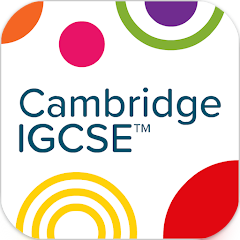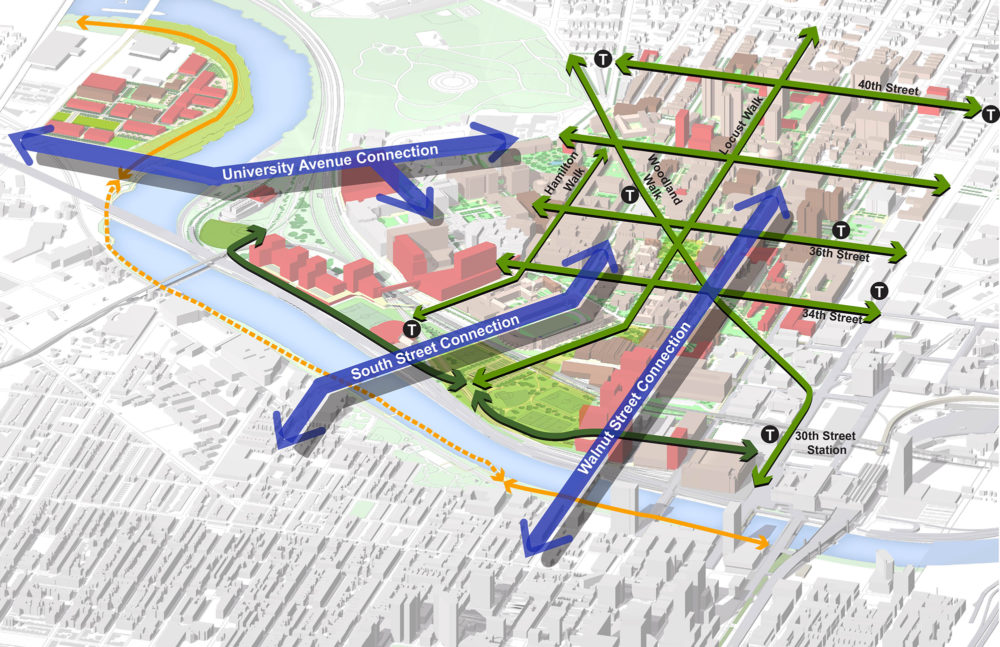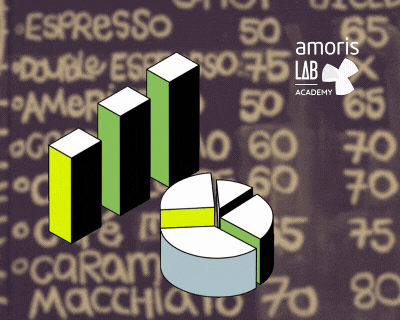The IGCSE, A-Level, AS-Level, and O-Level are internationally recognized qualifications offered by Cambridge Assessment International Education (CAIE) and other examination boards. They cater to different stages of a student's academic journey and serve different purposes. Here's a detailed comparison of these qualifications and guidance on which course suits which type of student:
1. IGCSE (International General Certificate of Secondary Education)
- Target Age Group: 14–16 years (typically Grades 9–10).
- Duration: 2 years.
- Content: Broad and balanced curriculum covering a wide range of subjects, including languages, sciences, mathematics, humanities, and creative arts.
- Assessment: Exams at the end of the course, with some subjects including coursework or practical assessments.
- Grading: A* to G (A* being the highest).
- Purpose: Prepares students for advanced studies like A-Levels or equivalent qualifications. It provides a strong foundation in core subjects and develops critical thinking, problem-solving, and independent learning skills.
Suitable For:
- Students aged 14–16 who want a well-rounded education.
- Those planning to pursue A-Levels or other pre-university qualifications.
- Students seeking an internationally recognized qualification for secondary education.
2. O-Level (Ordinary Level)
- Target Age Group: 14–16 years (typically Grades 9–10).
- Duration: 2 years.
- Content: Similar to IGCSE but often considered more traditional and academically rigorous, with a focus on core subjects.
- Assessment: Exams at the end of the course.
- Grading: A* to E (A* being the highest).
- Purpose: Prepares students for advanced studies like A-Levels. It is widely recognized in certain countries (e.g., Singapore, Pakistan) and is often seen as a more traditional alternative to IGCSE.
Suitable For:
- Students in countries where O-Levels are more commonly offered.
- Those who prefer a more traditional and rigorous academic approach.
3. AS-Level (Advanced Subsidiary Level)
- Target Age Group: 16–17 years (typically Grade 11).
- Duration: 1 year.
- Content: Covers the first half of the full A-Level syllabus. Students typically study 4–5 subjects.
- Assessment: Exams at the end of the course.
- Grading: A to E (A being the highest).
- Purpose: Acts as a standalone qualification or the first part of the full A-Level. It allows students to explore subjects in greater depth than IGCSE/O-Level and can be used to narrow down subject choices for A-Level.
Suitable For:
- Students who want to explore subjects in greater depth before committing to full A-Levels.
- Those who want to keep their options open by studying a broader range of subjects in Grade 11.
4. A-Level (Advanced Level)
- Target Age Group: 17–18 years (typically Grade 12).
- Duration: 2 years (including AS-Level in the first year).
- Content: In-depth study of 3–4 subjects chosen based on the student's interests and career goals. Subjects are more specialized and academically rigorous than IGCSE/O-Level.
- Assessment: Exams at the end of the two-year course, with some subjects including coursework or practical assessments.
- Grading: A* to E (A* being the highest).
- Purpose: Prepares students for university education. A-Levels are highly regarded by universities worldwide and are often a requirement for admission to competitive programs.
Suitable For:
- Students who have completed IGCSE/O-Level and want to specialize in subjects relevant to their university and career goals.
- Those aiming for admission to top universities, especially in the UK, US, Canada, Australia, and other countries.
Key Differences
| Aspect | IGCSE | O-Level | AS-Level | A-Level |
|---|---|---|---|---|
| Target Age | 14–16 years | 14–16 years | 16–17 years | 17–18 years |
| Duration | 2 years | 2 years | 1 year | 2 years |
| Subjects | Broad range (5–10 subjects) | Core subjects (5–8 subjects) | 4–5 subjects (half of A-Level) | 3–4 specialized subjects |
| Depth of Study | Foundational | Foundational | Intermediate | Advanced |
| Purpose | Prepares for A-Levels | Prepares for A-Levels | Explores subjects in depth | Prepares for university |
Which Course for Which Type of Student?
- IGCSE:
- For students aged 14–16 who want a broad and balanced education.
- Ideal for those planning to pursue A-Levels or other pre-university qualifications.
- Suitable for students who want to develop a strong foundation in core subjects.
- O-Level:
- For students in countries where O-Levels are more commonly offered.
- Suitable for those who prefer a more traditional and rigorous academic approach.
- AS-Level:
- For students aged 16–17 who want to explore subjects in greater depth before committing to full A-Levels.
- Ideal for those who want to keep their options open by studying a broader range of subjects.
- A-Level:
- For students aged 17–18 who want to specialize in subjects relevant to their university and career goals.
- Ideal for those aiming for admission to top universities worldwide.
Conclusion
The choice between IGCSE, O-Level, AS-Level, and A-Level depends on the student's age, academic goals, and career aspirations. IGCSE and O-Level provide a strong foundation, while AS-Level and A-Level offer specialization and preparation for university. Students should consider their interests, strengths, and long-term goals when selecting the appropriate course. Consulting with teachers, counselors, and university admission requirements can also help in making an informed decision.





